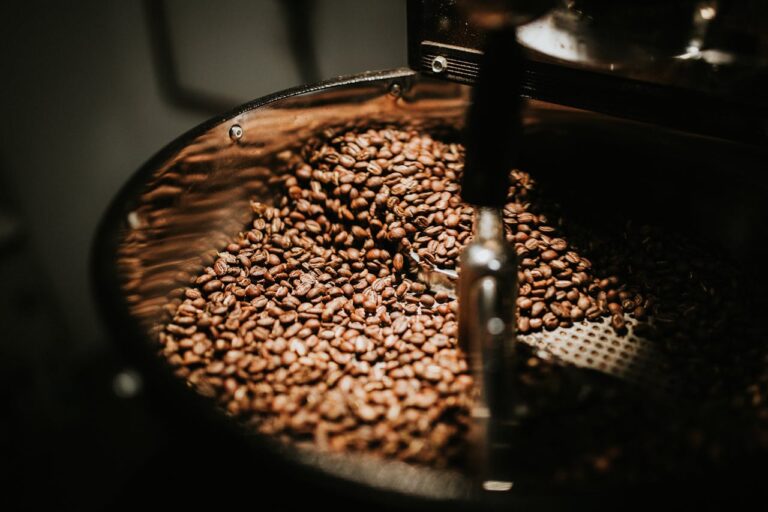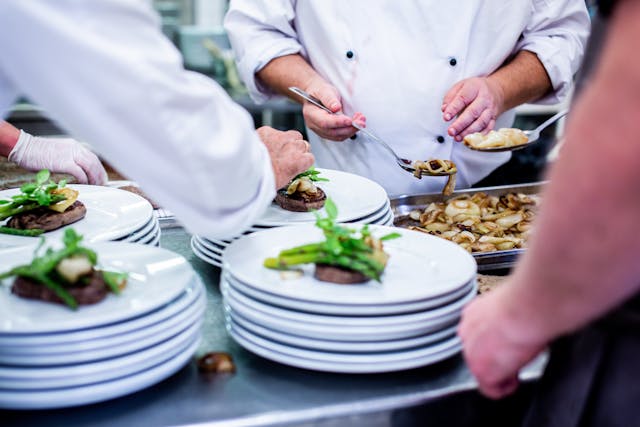
Wine has long been a symbol of culture, celebration, and community. Over centuries, winemaking has evolved, blending tradition with innovation. In recent years, organic winemaking has captured the attention of enthusiasts and connoisseurs alike. But what makes organic winemaking so distinct and enchanting? Let’s dive into the heart of this sustainable craft and discover its beauty.
Understanding Organic Winemaking
At its core, organic winemaking is about harmony with nature, the soil, and the vines. It goes beyond just avoiding synthetic chemicals in vineyards. It embodies a philosophy that respects natural ecosystems, promotes biodiversity, and ensures that the land remains fertile for future generations.
The process begins in the vineyard, where growers refrain from using synthetic pesticides, herbicides, and chemical fertilizers. Instead, they opt for organic alternatives like compost, green manure, and natural pest control methods. This approach protects the environment and enhances the quality and flavour of the grapes, leading to wines that truly express their terroir.
In the winery, organic practices continue. Winemakers limit the use of additives and prioritize natural fermentation processes. While minimal amounts of sulphites may be used to preserve the wine, organic certification standards ensure they are well below conventional levels. The result is a bottle of wine that’s as pure as the land it comes from.
Why Choose Organic Wine?
The appeal of organic wine goes beyond health or environmental benefits. It’s about authenticity. Organic wines reflect the land, the climate, and the care taken during production. They capture the essence of their origins in every sip, offering an experience unique and deeply rooted in tradition.
For many, choosing organic wine is also about supporting sustainable practices. Organic winemakers are stewards of the earth, ensuring their vineyards thrive without depleting natural resources or harming the environment. This commitment to sustainability resonates with consumers who care about their ecological footprint.
Moreover, organic wines often boast a complexity and depth that sets them apart. Free from excessive chemical intervention, these wines allow the grape’s natural flavours to shine. Each bottle tells a story of the vineyard’s unique characteristics, from crisp whites to bold reds.
The Role of Pioneers in Organic Winemaking
The rise of organic winemaking can be attributed to passionate pioneers who embraced this philosophy long before it became mainstream. These trailblazers recognized the importance of working with nature rather than against it, championing methods that prioritize the health of the soil and vines.
Take, for example, Kalleske Wine, a name synonymous with excellence in organic and biodynamic winemaking. With deep roots in sustainable practices, this producer exemplifies the art of crafting environmentally responsible and richly flavorful wines. Their commitment to organic viticulture highlights the profound connection between healthy soils and exceptional wine quality.
Such pioneers have paved the way for a new generation of winemakers who see organic practices as a choice and a responsibility. Adopting these methods ensures that winemaking remains an art form deeply intertwined with nature.
Challenges in Organic Winemaking
Organic winemaking is not without its challenges. Managing vineyards without synthetic chemicals requires vigilance, innovation, and a deep understanding of natural ecosystems. Pests, diseases, and unpredictable weather can pose significant threats, testing the resilience of even the most experienced growers.
Organic certification standards demand meticulous attention to detail in the winery. Winemakers must carefully balance tradition with modern techniques to ensure their wines meet quality and regulatory requirements. The process is labour-intensive and often more costly, but for those committed to the organic ethos, the rewards far outweigh the challenges.
The Future of Organic Winemaking
As consumers become more environmentally conscious, the demand for organic wine continues to grow. This shift in preferences inspires winemakers to adopt sustainable practices, fostering a movement prioritizing quality over quantity and sustainability over convenience.
Organic winemaking is also evolving with advancements in technology and research. Innovative solutions, such as precision agriculture and organic pest control methods, are helping growers overcome traditional challenges. These innovations ensure that organic winemaking remains viable and continues to flourish despite modern demands.
The future also promises greater collaboration between winemakers, scientists, and environmentalists. By working together, they can share knowledge, refine practices, and ensure that the benefits of organic winemaking extend beyond the vineyard to the broader community and environment.
Also Read: A Food Lover’s Guide to the Magic State of Florida’s Culinary Hotspots
Celebrating the Art of Organic Winemaking
At its heart, organic winemaking is about more than just wine. It’s about a commitment to sustainability, a respect for nature, and a passion for creating something extraordinary. Each bottle of organic wine represents a journey from the vineyard to the cellar to the glass rooted in care and craftsmanship.
So, the next time you uncork a bottle of organic wine, take a moment to savour the flavours and also the story behind them. Think of the dedication, patience, and artistry that went into its creation. Whether enjoying a crisp Sauvignon Blanc or a robust Shiraz, organic wines offer a connection to the earth and a taste of something truly special.
Organic winemaking is not just a trend; it’s a testament to the enduring relationship between humans and the land. It’s a celebration of nature’s bounty and a reminder that when we work in harmony with the earth, the results can be nothing short of magical.








